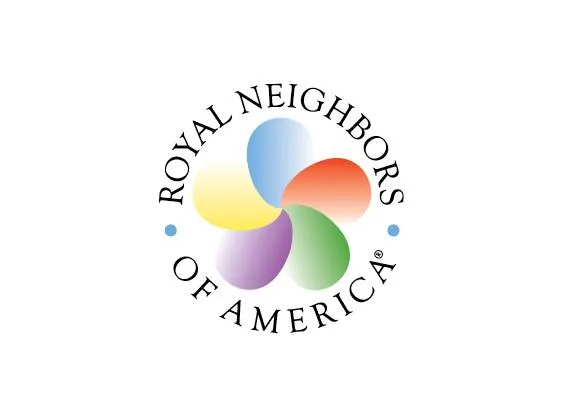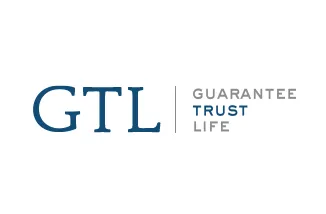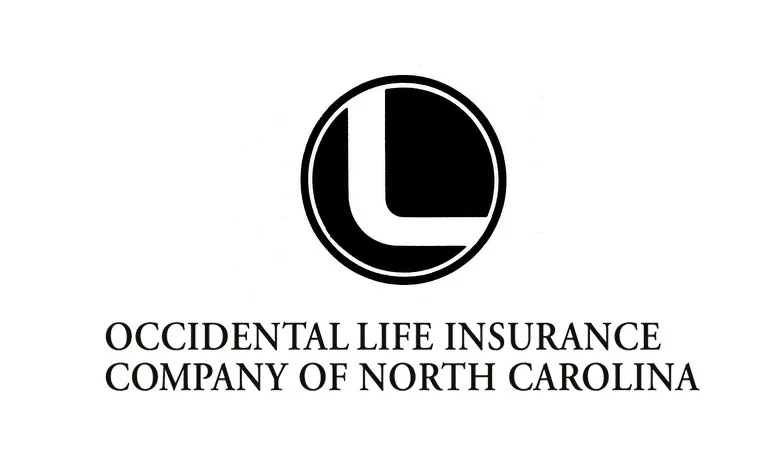Are you thinking about the future? Planning for the end...
Read More
- Home
- Services
- Term Life Insurance
- Annuities Life insurance
- Permanent Life Insurance
- Family Life Insurance
- Hybrid Life Insurance
- Life Insurance for Seniors
- Life Insurance for Parents
- Life Insurance for Children
- Term or Whole Life Insurance
- Universal Life Insurance: What You Need to Know
- Variable Universal Life Insurance
- Variable Whole Life Insurance
- Whole Life Insurance
- Guaranteed Issue Life Insurance
- Globe Life Insurance
- GEICO INSURANCE
- Long-Term Care Insurance
- Accidental Insurance
- Cremation Services
- Burial Insurance
- Funerals Services
- ERC Tax Credit
- Term Life Insurance
- Blog
- Locations
- About Us
- Contact Us
- Get Quotes
Life Insurance
Complete Coverage with Life Insurance Policy
Secure Your Family’s Future With Our Life Insurance Plans. Get The Customized Burial Insurance Plans And Policies For Your Loved Ones. Save Your Time And Money With Online Quote. Our insurance policies will safeguard your funeral wishes and relieve your grieving relatives emotionally and financially.
What is Life Insurance?
Life insurance is a combined single policy that merges the whole life with term life insurance to insure all the family members.
A life insurance plan for the family ensures that you and your loved ones spend your life with much-needed financial security. These types of policies are usually very comprehensive in nature covering primary caregivers, children and elderly parents.
FAMILY LIFE INSURANCE
Customized Life Insurance Plans for Family
Our customized insurance plans make it simple to protect what matters the most. M-Life Insurance policies provide an easy, secure and safe way to get coverage at every age and stage of life.
Looking For A Family Life Insurance Quotes?
Get the insurance and secure your family’s financial needs. Save your money by shopping from the most trusted insurance providers.
Best Family Life Insurance Company
Family life insurance policies help you plans ahead and provide coverage to your loved ones. The family life insurance company plans to protect the future of your family. The offered coverage plans guarantee the security of your loved ones when they needed the most.
Find The Insurance You Need
Tailored Insurance Plans
Universal Life Insurance
It is another form of whole life insurance policy that provides coverage for the whole life. Universal life insurance offers flexible premiums conditions and pays cash value.
Indexed Universal Life Insurance
It is a whole life coverage plan and offers flexibility with premiums and cash value. The potential growth of the cash value component is tied to the specific market index.
Final Expense Life Insurance
A type of whole life insurance policy is also known as a final expense or burial insurance designed to cover expenses at end of life i.e medical care, funeral or burial expense.
Variable Life Insurance
It is also a type of permanent life insurance policy and offers cash value which varies according to the premiums you pay. Variable life insurance provides different investment options for cash value.
Variable Universal Life Insurance
It is the combination of variable and universal life insurance policy that offers flexible premiums payment methods. It offers several investment options of cash value.
Group Life Insurance
Group life insurance is provided by the employer or organization to its employees. It is usually offered at a very low cost or maybe even free by the employer.
Read Our Blogs
State Farm Burial Insurance: Secure Your Final Expenses
Are you looking for a way to ensure your loved...
Read MoreDo you Need Social Security Number for Life Insurance Beneficiary?
Life insurance is a vital component of financial planning, providing...
Read MoreDoes Homeowners Insurance Cover Accidental Death?
Accidental death is a sobering topic that no one likes...
Read MoreIs Senior Life Insurance Company a Pyramid Scheme?
Life insurance is a crucial financial product that provides peace...
Read MoreNational Life Group Life Insurance: Review
Before you apply, are you looking for a National Life...
Read MoreTRUSTED CLIENTS
We Are Pleased To Have Many Trusted Partners









Contact Us
Phone: (800) 661-8136
Email: [email protected]
Copyright 2024 M-Lifeinsurance






